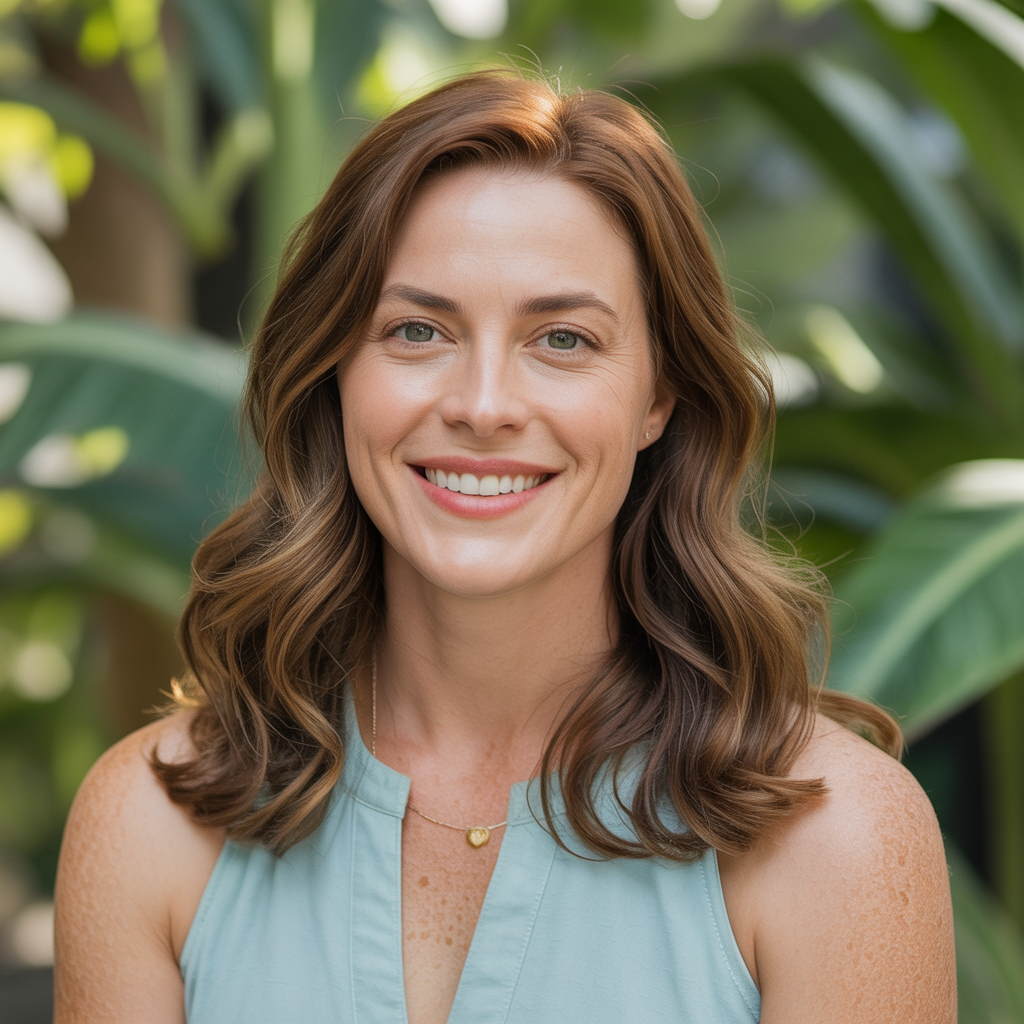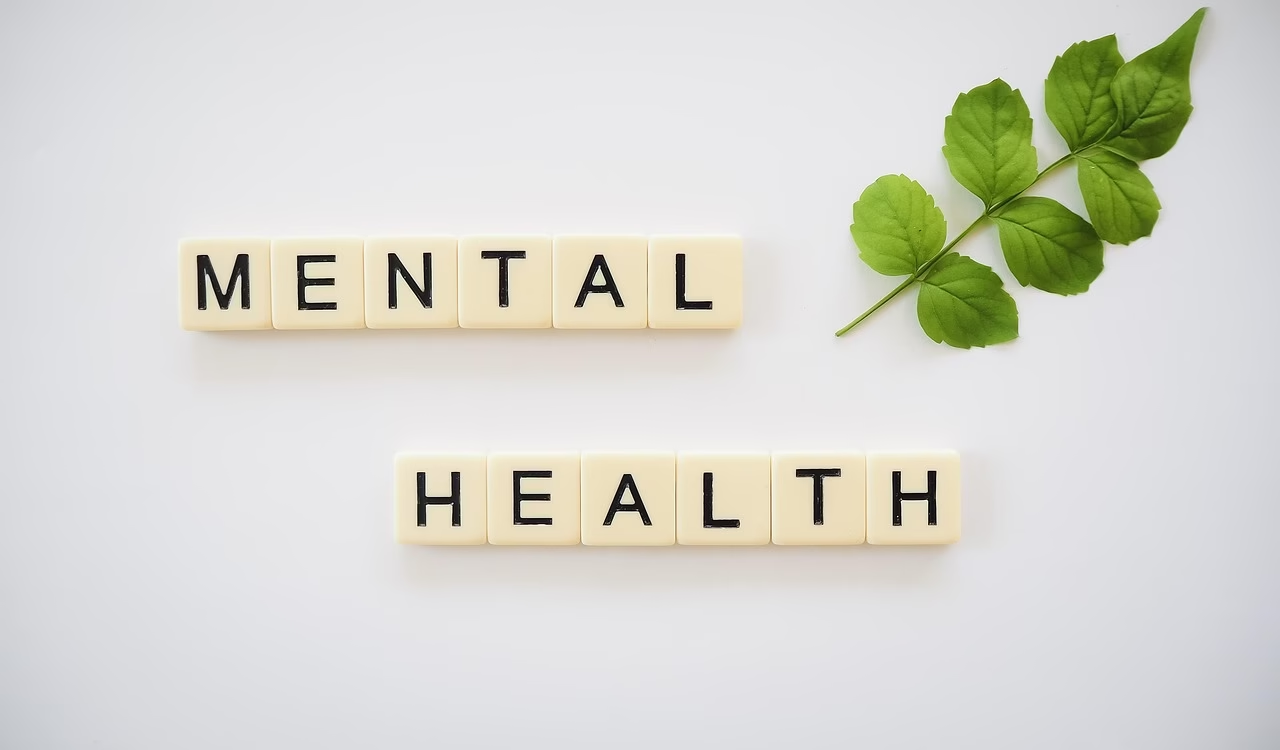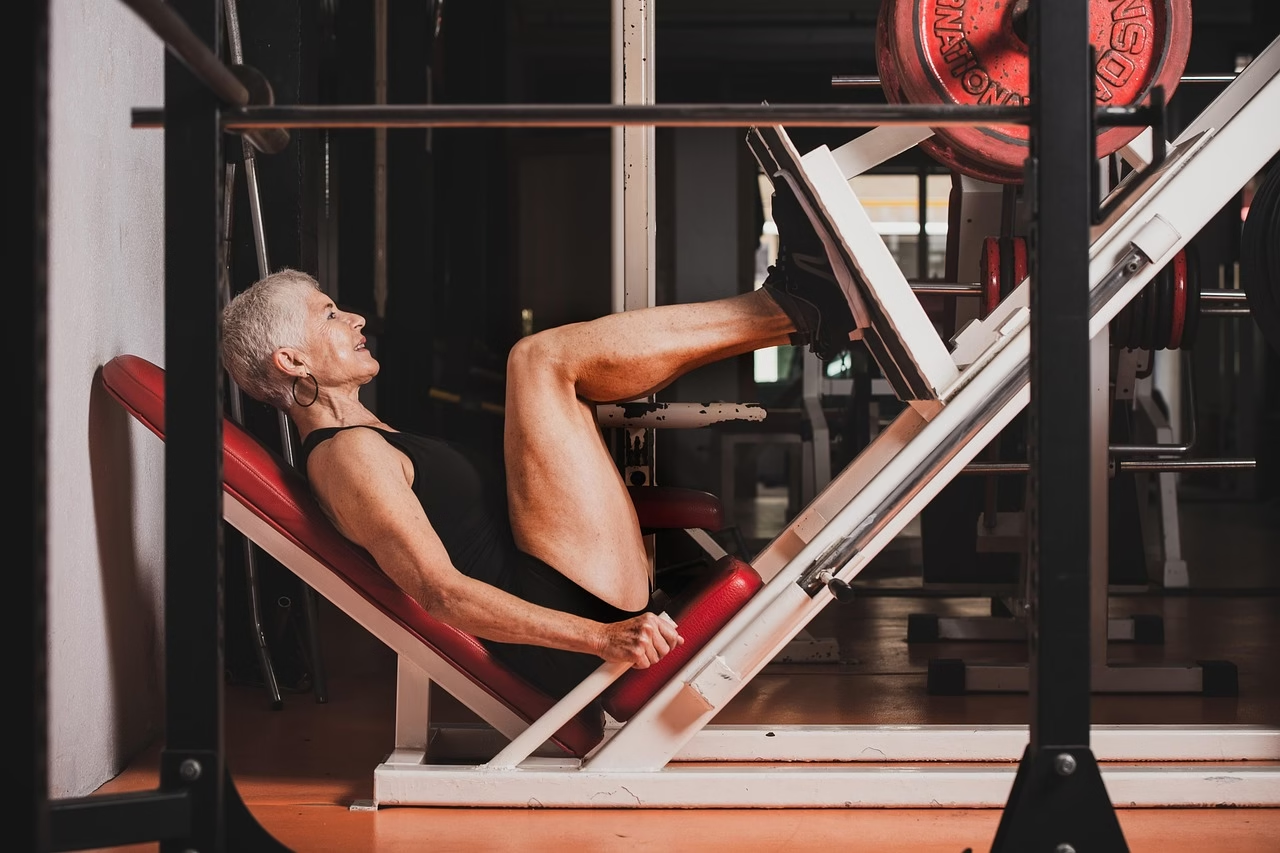Gen Z Influencers Amplify Robert F. Kennedy Jr.’s Health Movement
In today’s evolving health landscape, the convergence of youthful energy, social media influence, and alternative wellness ideologies is shaping new conversations around well-being. One fascinating phenomenon gaining traction is the way Gen Z influencers are galvanizing public discourse around Robert F. Kennedy Jr.’s health movement, blending activism with an eagerness to question conventional medical narratives. As someone deeply invested in holistic wellness, I find this interaction between generations and perspectives to be both compelling and complex.
The Pulse of a Generation
Gen Z, born between the mid-1990s and early 2010s, is distinct in its relationship with technology and information. Raised online, this generation has a knack for sifting through a multitude of voices and curating narratives that resonate with their values and identity. Health, for them, is not simply about following established protocols but about exploring myriad holistic approaches — from nutrition and mental health to environmental consciousness and alternative medicine.
Robert F. Kennedy Jr., a controversial but undeniably influential figure in health activism, particularly regarding vaccine skepticism and environmental health, has found an unexpected audience in Gen Z influencers. These young voices, often thriving on platforms like TikTok, Instagram, and YouTube, spotlight his ideas with a mix of curiosity and critique, expanding the conversation far beyond traditional media outlets.
Why Does This Matter?
The blending of Gen Z’s digital fluency with RFK Jr.’s health movement highlights an important, if delicate, cultural shift. It reflects a broader questioning of institutional authority, especially in health, driven by the desire for transparency, autonomy, and inclusivity in wellness choices. While Kennedy’s movement is polarizing, the engagement from Gen Z indicates that health advocacy today is no longer a top-down directive but a dynamic dialogue.
“When young people take the reins of a conversation around health, they bring authenticity and urgency — traits that traditional health messaging can sometimes lack.”
The Nuances of Influence
Many Gen Z influencers articulate their alignment with Kennedy’s stance by emphasizing precaution and openness to new information rather than outright rejection of vaccines or medical science. Their approach often intertwines personal stories with calls for systemic change — environmental stewardship, ethical medical research, and holistic healing methods that encompass mind, body, and spirit.
This digital activism, while empowering, carries the responsibility of discernment. Social media’s fast-paced nature can sometimes lead to the rapid spread of misinformation. The challenge lies in balancing healthy skepticism with evidence-based knowledge. This is where compassionate, science-informed conversations become critical.
Bridging Science and Compassion
True wellness lies in harmonizing scientific inquiry with empathy and respect for individual experience. While Robert F. Kennedy Jr.’s movement ignites passionate engagement, it also underscores the importance of listening deeply — to both data and human stories.
In my work, I emphasize that holistic health is not a fixed destination but an evolving journey. It thrives when we combine credible research with an openness to diverse voices, including those from younger generations who challenge, provoke, and inspire with fresh perspectives.
The Path Forward
The amplification of RFK Jr.’s ideas by Gen Z influencers signals a broader shift towards participatory health citizenship, where everyone is invited to contribute to the discourse on wellness. It reminds us that empathy, critical thinking, and continuous learning must guide these conversations to foster a balanced and inclusive health culture.
For those of us dedicated to promoting well-being, this moment invites us to meet young advocates with respect and a willingness to engage — offering scientifically grounded insights paired with heartfelt understanding. In doing so, we can co-create a future of health that honors both individual autonomy and collective responsibility.





